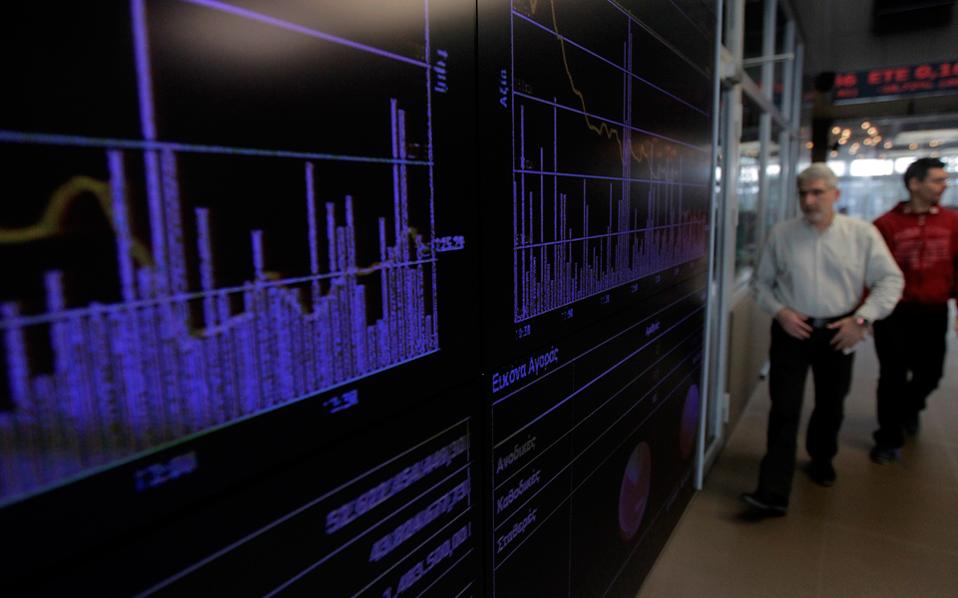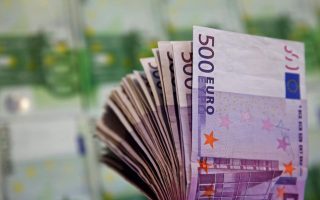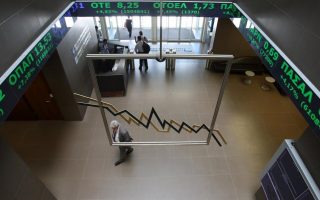Greek two-year yields set for biggest monthly decline since August

Short-dated Greek yields were set on Friday for their biggest monthly fall since August after this week's bailout deal with creditors and hopes the European Central Bank would resume accepting the country's bonds for its QE program.
Euro zone bond yields fell broadly on the day, with German 10-year yields at 10-day lows after markets appeared to slightly dial back expectations of a US rate rise next month .
Fears of a Greek default were averted by a May 25 agreement which unlocks bailout loans, and came alongside a provisional offer to help relieve the country's debt mountain.
After six months of uncertainty, the move spurred a sharp fall in short-dated Greek yields, which for some time had been higher than long yields – a so-called curve inversion that reflects fears of default.
Greece's finance minister said on Thursday he hoped the deal meant Athens could swiftly qualify for the ECB's quantitative easing (QE) program and that the central bank could soon resume accepting Greek government bonds as collateral for lending funds to Greek banks.
"In the short term, the prospects for the Greek bond market are good," said Intesa Sanpaolo fixed income strategist Sergio Capaldi.
Two-year yields rose a touch from six-month lows hit immediately after the deal on Friday but have declined 375 basis points this month and are on track for their biggest decline since August 2015 when Athens agreed a third bailout deal with lenders.
The Greek deal pushed down yields across the euro zone this week and most markets extended those declines on Friday.
German Bund yields fell 3 bps to a 10-day trough of 0.12 percent and were set for their biggest monthly fall since February.
Friday's falls came as oil prices slid below $50, tempering optimism for a rebound in inflation, and comments from U.S. policymakers suggesting the Fed is cautious about a rate hike next month given uncertainty around Britain's June 23 referendum on European Union membership.
Market expectations for a June hike, as measured by Fed Fund futures prices, dropped to 26 percent versus 34 percent early on Thursday, according to CME'S FedWatch.
Investors will now watch for upcoming US consumer sentiment data and a 1715 GMT speech from Fed Chair Janet Yellen, that many reckon will strike a dovish note.
"The market is teeing up for her to slightly rein in expectations (for a hike next month)," Rabobank strategist Lyn Graham-Taylor said.
[Reuters]




